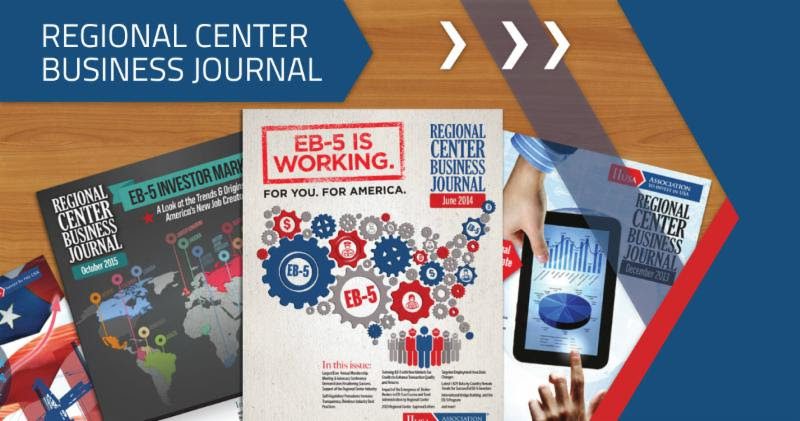By: Russell Scarcella, Director, Extell LLC and Christopher Prather, Managing Director, Exiger
In April 2016, the SEC cast a shadow over the EB-5 industry when it announced one of the largest fraud cases in the program’s history. The Commission charged Jay Peak, a Vermont-based ski resort, with fraud and froze its assets based on the misuse of more than $200 million of the $350 million solicited from foreign investors under the EB-5 program. Of the $200 million, $50 million was spent on personal expenses—including the purchase of a luxury condominium. Notably, aside from the charges brought by the Commission against the owner and CEO of the ski resort, a Jay Peak investor is suing the State of Vermont for its negligent oversight of the EB-5 program.
The effect of fraud within the EB-5 program can be far reaching. The Jay Peak scandal decimated the dreams of more than 700 foreign investors, kept hundreds of American jobs from being created under the EB-5 program, and sent contractors into bankruptcy. As a result, reputations within the EB-5 industry were crushed. Indeed, in the wake of Jay Peak, the reputation of Vermont’s EB-5 industry was so damaged that state officials considered ending Vermont’s involvement with the program.
Jay Peak, unfortunately, was not an isolated instance of fraud, with EB-5 construction fraud continuing to make headlines across the United States and abroad. Among the scandals that have plagued the industry are those involving the Chicago Convention Center, Path America, and the Florida Gateway Regional Center. Often, these scandals involved the misdirection and misappropriation of funds, abandoned projects, substitution of materials, wage and hour violations, and the failure to meet required benchmarks.
Unsurprisingly, these public scandals have resulted in foreign investors and the agents who represent them becoming wary of EB-5 projects. With growing wait times for access to the United States faced by Mainland Chinese investors, foreign investors are concerned about anything that might cause greater delays in the EB-5 process. Eager to minimize that risk, investors may be more responsive to regional center operators and developers who offer transparency into their projects.
Nevertheless, many regional center operators currently undertake limited efforts to demonstrate their transparency and trustworthiness to overseas agents and their investor clients. Specifically, many industry stakeholders have historically held themselves out as conducting background checks and providing construction monitoring with respect to the projects they market, while providing only a low-level employment background screen or an on-site camera allowing investors to view the construction site remotely. However, a robust diligence process requires thorough and proper background checks of regional center operators, developers, and contractors. Additionally, because the investors’ capital and dreams are at risk long past the initial due diligence process, a structured method for ongoing monitoring and project oversight is essential.









